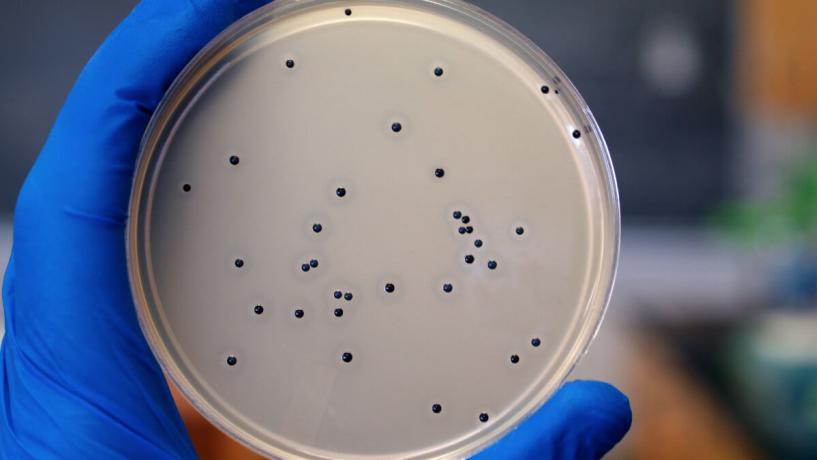Food poisoning actually is caused by microorganisms that are in the food that we eat and may not be destroyed by cooking.
There are actually three different categories of these microorganisms that could cause food poisoning if proper food safety precautions are not followed.
The three types are bacteria, virus, and parasite.
Bacteria
This is the most common type of food poisoning. This type of problem usually comes along when food has gone bad because it was not stored properly. The most common types of bacteria that cause food poisoning include:
- Staphylococcus Aureus
- E. Coli
- Listeria Monocytogenes
- Salmonella
- Campylobacter Jejuni
If foods are kept properly refrigerated, then these types of bacteria can usually be avoided unless there is a problem of contamination.
Virus
A virus is not as common as bacteria when it comes to food poisoning, but it is still a possibility. The main two types of food-borne viruses are Hepatitis A and norovirus. Generally, these contaminate foods that have been grown in or near sewage. Food poisoning of this type usually results in a recall of the contaminated foods for the protection of the consumers.
Parasite
Generally, parasites are not as big of a problem for food poisoning, but they could happen. If an animal is contaminated when it is butchered for food, then the result could be contaminated meats. The two main types of parasite food poisoning would be:
- Cryptosporidium Parvum
- Giardia Lamblia
If meats are cooked properly, then there should be no issue of food poisoning from parasites.
The most important thing to remember about foods and food poisoning is that you should always handle them safely. Food should be stored properly, heated to the right temperatures, and kept cool when needed. If you follow food safety rules and always watch out for recalls of contaminated foods, then you can avoid poisoning.

